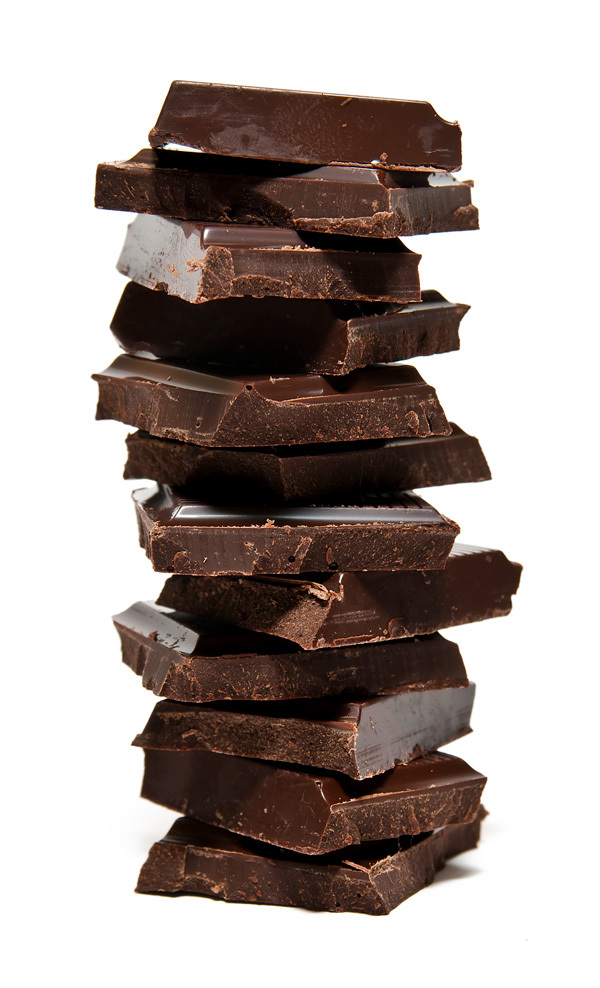Dark Chocolate and Your Brain
Indulging in dark chocolate can improve your cognitive health

Once known as the food of the gods, chocolate is more than just a rich flavorful treat. It has long been renowned for its purported medicinal benefits as well. Since ancient times, people have used chocolate to reduce fever, treat childhood diarrhea, increase breast-milk production, encourage sleep, and even clean teeth. In modern medicine, recent studies have explored the connection between chocolate (more specifically cocoa flavanols, which act as antioxidants) and heart disease, mood, behavior, and cognition.
Although cardiovascular studies have shown the impact of chocolate to be well established, the link between chocolate and cognition has been less clear. If you are a chocolate lover, do not despair, new research shows that dark chocolate and cocoa flavanols may actually have a stronger link on cognition and brain health than previously thought.
Aging, Dementia, and Research
The incidence of diseases that cause dementia, such as Alzheimer’s disease, Parkinson’s disease, and stroke continues to increase as the population ages. Although research has helped us further understand these diseases, there, unfortunately, is still no conclusive or highly effective treatment for dementia.
As a means of hoping to offset dementia, your doctor may recommend traditional lifestyle changes for prevention: eating a healthy diet, regular exercise, no smoking, drinking in moderation, and keeping your blood pressure in check. Researchers have also been studying the effects of antioxidants, stimulants like caffeine, and other foods on improving brain function to help prevent dementia, but the results are inconclusive and hard to prove. However, the research continues …

Positive News
In Italy, there have been positive results relating to the link between consuming cocoa and strong brain function. Four researchers found that the regular consumption of cocoa flavanols helped improve cognitive function in subjects.
Although still at a preliminary stage, research investigating the relations between cocoa and cognition shows dose-dependent improvements in general cognition, attention, processing speed, and working memory. Moreover, cocoa flavanols administration could also enhance normal cognitive functioning and exert a protective role on cognitive performance and cardiovascular function specifically impaired by sleep loss, in healthy subjects.
On Sleep Deprivation
New parents, insomniacs, and shift employees will be happy to hear that ingesting cocoa after a night of sleep deprivation counteracted the cognitive impairment effects of a sleepless night. Women, in particular, showed strong improvement after consuming cocoa.
On Cognitive Challenges
Those individuals, especially older women, who consumed more cocoa flavanols, performed better on the complex cognitive challenges.
On Regular Consumption
Those individuals who regularly consumed cocoa, whether consumption was during a span of 5 days or over a course of 3 months, often showed measurable positive improvement in cognition. The best results occurred in, “older adults with a starting memory decline or other mild cognitive impairments.”
Taking the Bitter With the Sweet
While researchers are pleased with the results of this study, they acknowledge more research is needed, specifically in proving immediate versus long-term effects and those using neuroimaging with cognitive and psychological studies. Additionally, there is the dark side of chocolate consumption including high fat, added sugar, and the calories, which, of course, calls for moderation. Although flavanols are also present in certain fruits and vegetables like red grapes, apples, onions, and kale, research exploring the relationship between intake, cognition, and brain health has not yet been performed. Undeterred, researchers say they themselves will indulge in a little dark chocolate – every day.